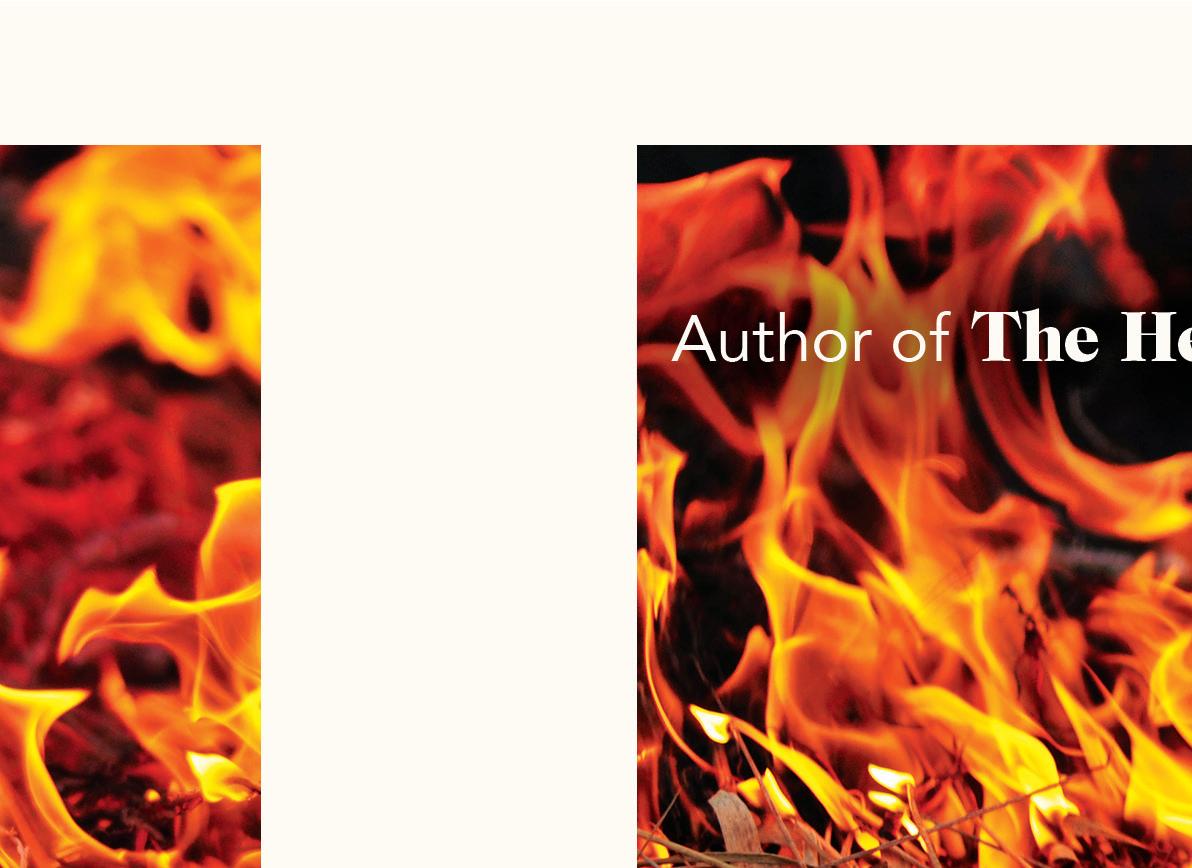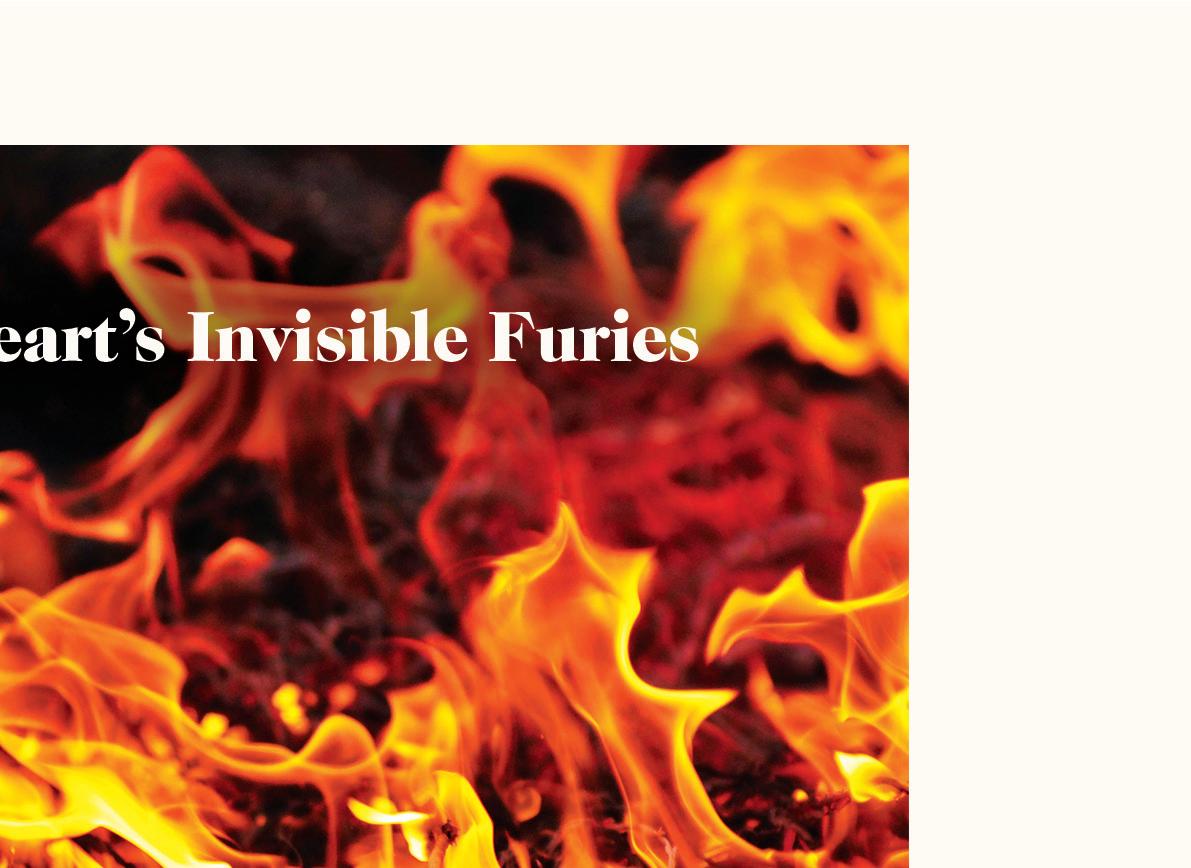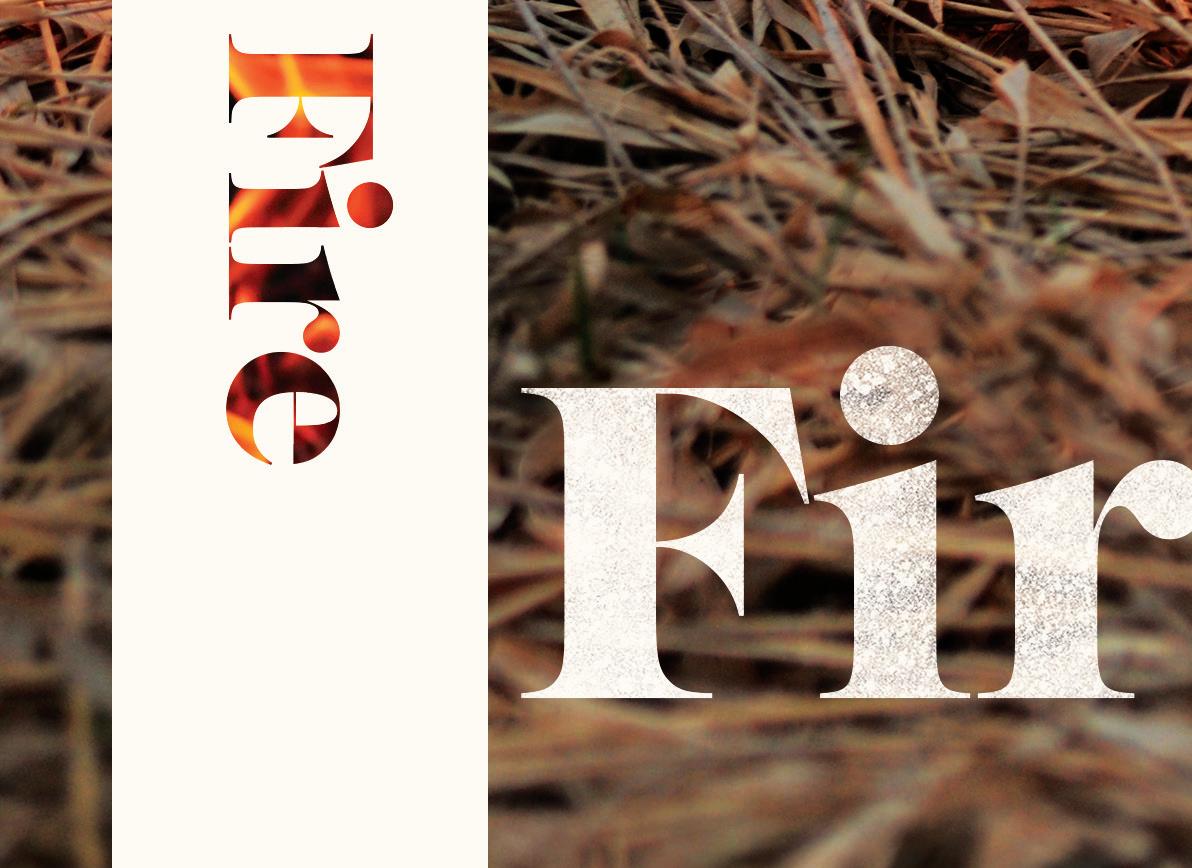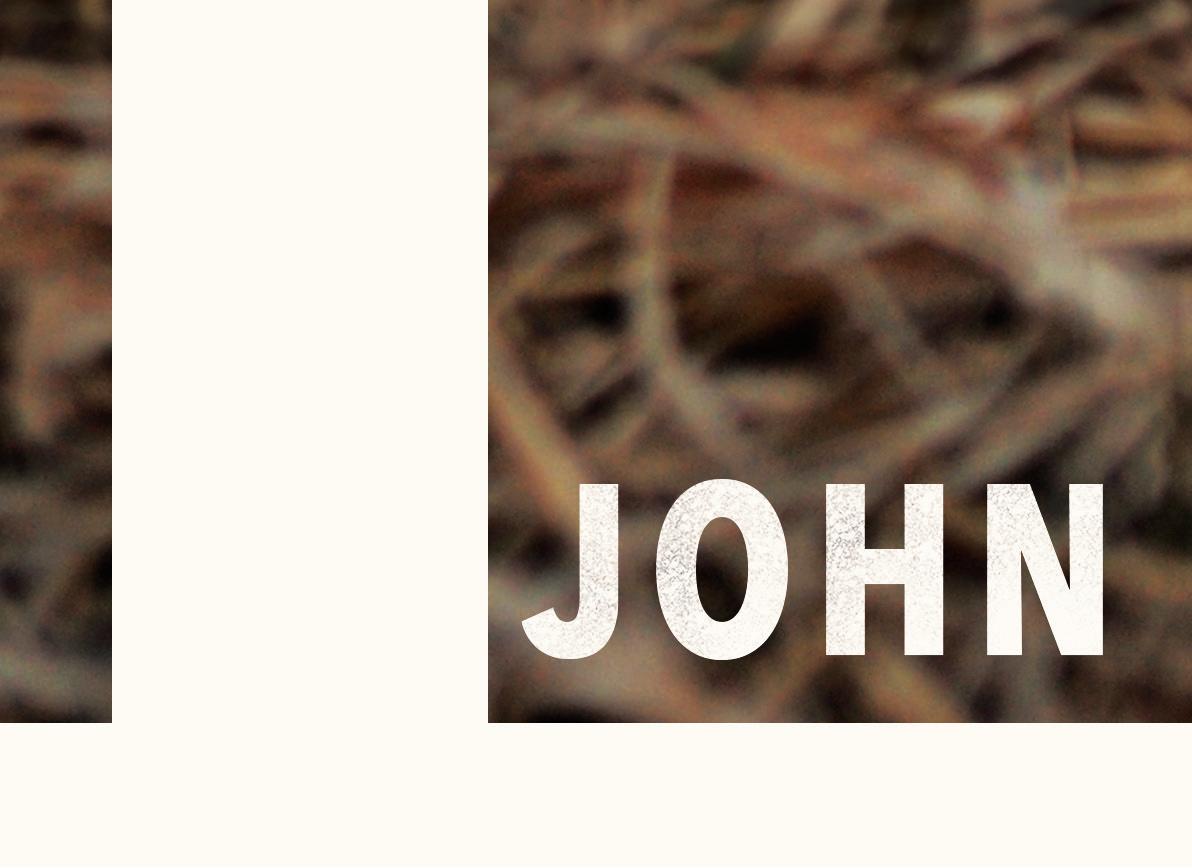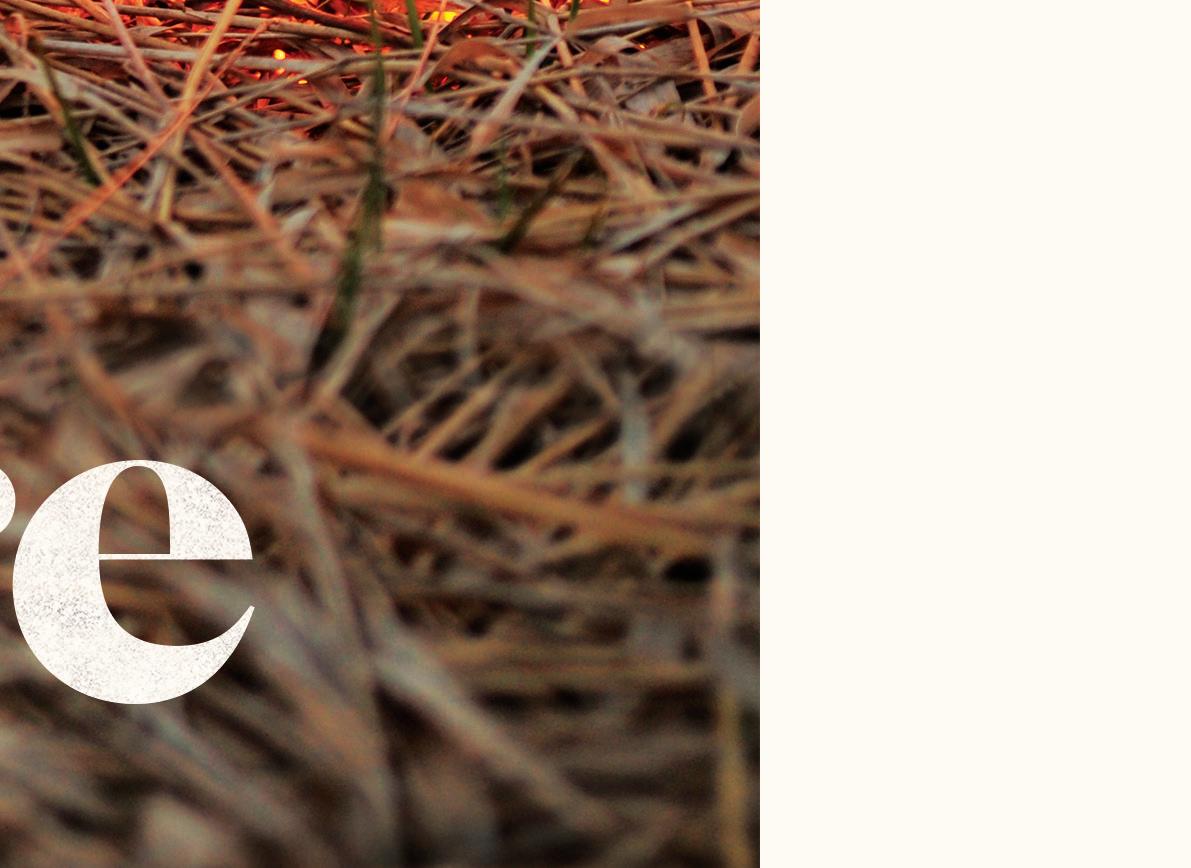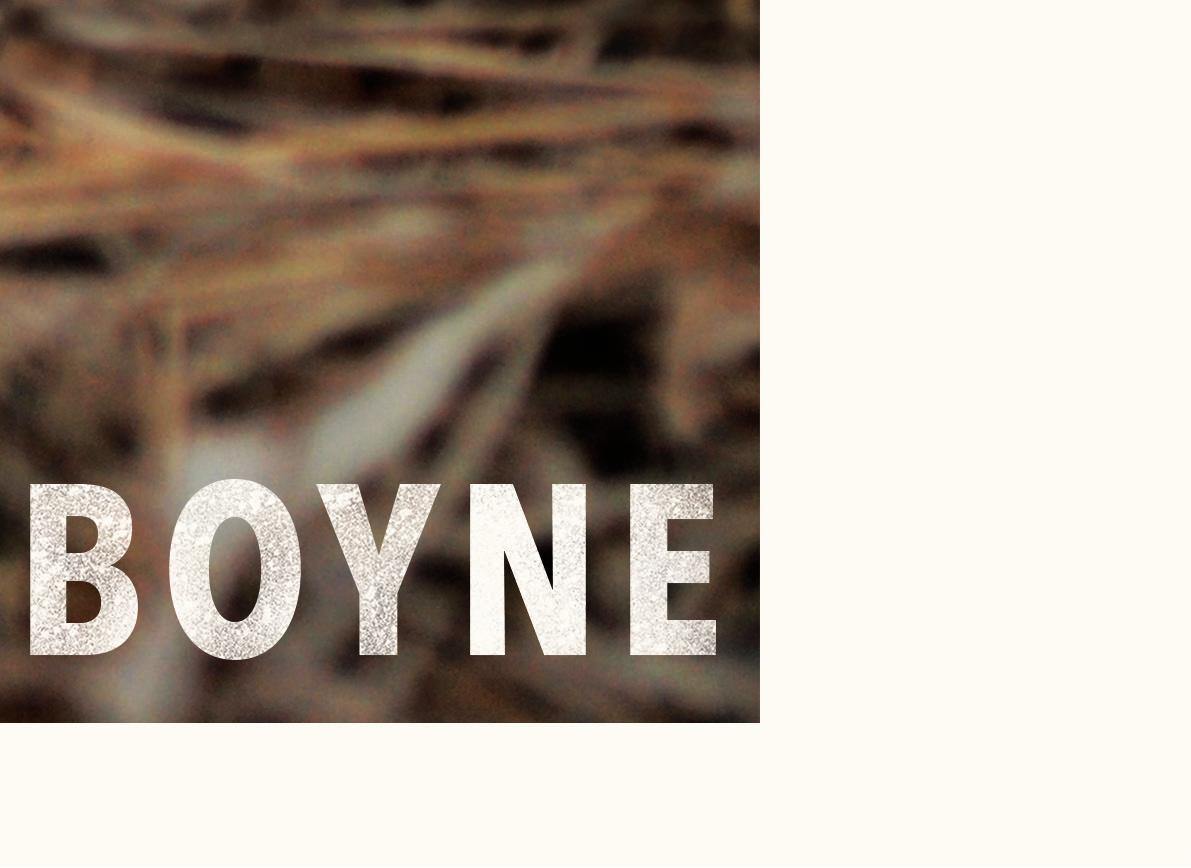JOHN BOYNE
TRANSWORLD PUBLISHERS
Penguin Random House, One Embassy Gardens, 8 Viaduct Gardens, London SW11 7BW www.penguin.co.uk
Transworld is part of the Penguin Random House group of companies whose addresses can be found at global.penguinrandomhouse.com
First published in Great Britain in 2024 by Doubleday an imprint of Transworld Publishers
Copyright © John Boyne 2024
John Boyne has asserted his right under the Copyright, Designs and Patents Act 1988 to be identified as the author of this work.
This book is a work of fiction and, except in the case of historical fact, any resemblance to actual persons, living or dead, is purely coincidental.
Lyrics on p.161 from ‘It Started With A Kiss’ by Hot Chocolate, written by Errol Brown
Every effort has been made to obtain the necessary permissions with reference to copyright material, both illustrative and quoted. We apologize for any omissions in this respect and will be pleased to make the appropriate acknowledgements in any future edition.
A CIP catalogue record for this book is available from the British Library.
ISBN 9780857529879
Typeset in 11/14.5pt Dante MT Std by Jouve (UK), Milton Keynes Printed and bound in Great Britain by Clays Ltd, Elcograf S.p.A.
The authorized representative in the EEA is Penguin Random House Ireland, Morrison Chambers, 32 Nassau Street, Dublin D02 YH68
No part of this book may be used or reproduced in any manner for the purpose of training artificial intelligence technologies or systems. In accordance with Article 4(3) of the DSM Directive 2019/790, Penguin Random House expressly reserves this work from the text and data mining exception.
Penguin Random House is committed to a sustainable future for our business, our readers and our planet. This book is made from Forest Stewardship Council® certified paper.
WhenI was twelve years old, I was buried alive within the grounds of a construction site.
Ever since, I’ve been terrified of enclosed spaces and one of the consequences of this is that I always try to avoid elevators. This morning, however, workmen are repairing the staircase between the ground and first floors of the hospital, leaving me with no choice but to make my way up to the burns unit in the lift. And, to make matters worse, I’m not alone.
The boy standing in the corner can’t be more than fourteen and he appears anxious, tapping his right foot on the floor in an insistent rhythm. I try to intuit from his demeanour whether he’s visiting a loved one or is here for a consultation himself and decide on the former. Next to him stands an overweight man with a heavily stubbled double chin who I assume is his father. When he catches my eye, he holds it for a moment before allowing his gaze to fall to my breasts. As we ascend through the spinal column of the building, he continues to stare, before looking up and studying my face, as if he’s deciding whether or not, given the opportunity, he would have sex with me. When he looks away and
John Boyne
yawns, I can only assume that I haven’t met his exacting standards.
They exit on the fourth floor – Renal – while I continue up to the sixth, exhaling in relief when the doors finally open, a slight prickle of perspiration tickling my back. Ahead of me stands Louise Shaw, the most senior nurse practitioner and the closest thing I have to a friend here, along with Aaron Umber, a medical student who’s taken the unusual step of opting for a three-month elective on my team. He’s my responsibility, but for some reason his presence has irritated me since his arrival. He’s never anything but polite and is both diligent in his work and focused on our patients, so I have no reason to feel such antipathy towards him, but nevertheless, I find myself snapping whenever the poor lad opens his mouth.
‘Good morning,’ says Louise, somehow managing to control the dozen or so files that she’s carrying, along with the Styrofoam cup of coffee and KitKat with which she greets me every morning. She’s due to retire soon and I’m worried that whoever replaces her will not be as attentive to my needs. ‘Late night?’
‘No,’ I say. ‘Why do you ask?’
‘You look tired.’
‘Thank you. It’s always nice to start the day being told that I look wretched.’
‘I didn’t say that you looked wretched,’ she tells me, her Irish accent seeping through. ‘I said you looked tired. There’s a difference.’
‘Well, as it happens, I was in bed by ten,’ I tell her, which is the truth, although I wasn’t alone, so perhaps
that accounts for any weariness I’m exhibiting. I turn to Aaron, who’s watching me in that unsettling way of his, as if he suspects I’m not human at all but a visitor from another planet, and not a particularly friendly one at that. It’s crossed my mind that he might have a crush on me. I’m only thirty-six, after all, and from what the media are always telling me, young men his age are consumed these days with lust for older women. Leaving aside the fact that I’m his superior, however, he hasn’t a chance as he’s not even remotely my type. It’s not that he’s unattractive – in fact, he’s quite good-looking, if you like that sort of thing, with dark blond hair cut high on his head and short at the sides and sharp, grey eyes – but he’s thirteen years my junior and I haven’t slept with a twentythree-year-old since I was twenty-three and have no intention of ever doing so again.
‘What do you think, Aaron?’ I ask him. ‘Am I some washed-out old hag?’
‘You look fine, Dr Petrus,’ he tells me, his cheeks colouring a little at the directness of my question.
‘Just fine?’
‘No, you look great. I mean . . .’ He trails off, clearly uncomfortable with this line of questioning. One good thing about the contemporary world, where everyone lives in perpetual hope that they’ll be on the receiving end of a remark deemed sufficiently offensive that it can be reported to HR , is that conversations between colleagues, particularly between those of opposite sexes, tend to remain professional. Which suits me fine.
John Boyne
‘You ignore her,’ Louise instructs Aaron with a maternal smile before turning back to me. ‘You’ll want these,’ she adds, extending the pile of folders in her arms. ‘Just the usual. Test results, evaluations, overnights, and so on.’
‘Put them on my desk, will you, Aaron?’ I ask, retrieving the coffee and KitKat and watching as he scurries along the corridor. His trainers have seen better days and, as he’s quite tall, his ill-fitting scrubs expose his ankles. Maybe it’s the fashion these days.
‘How much longer do I have to deal with him?’ I ask when he’s out of earshot.
‘Not much longer than you have to deal with me,’ she says. ‘But, of course, after he’s gone, another him will show up. Along with another me. We’re all replaceable.’
‘Another you would be fine. Another him though . . .’
‘Be nice,’ she says, admonishing me in the way that only she would have the courage to do. ‘You intimidate him, that’s all. You look like a supermodel, speak like a fishwife, and, on top of that, you’re his boss. That’s a combination that frightens boys his age.’
‘He’s not a boy,’ I tell her. ‘He’s a man. There’s a difference.’
We exchange a few particulars about a skin graft I’ll be performing just after lunch on a young woman who collapsed with an arrhythmia, ending up with third-degree burns from the two-bar electric heater that warmed her flat because she couldn’t afford anything more. Then I make my way towards my office, hoping that Aaron won’t be waiting inside for me. My prayers are answered because he’s vanished off to wherever he takes himself
when I’m not barking orders at him. The precision with which he’s laid out the folders on my desk annoys me, and then the fact that it annoys me annoys me too. It’s ridiculous that I should be so aggravated by his efficiency.
I follow through on some emails, sending quick, straightforward replies to anything that seems urgent. A conference taking place in Paris in a few months’ time that has invited me to present a paper on the ethics of temporary grafts from deceased donors. A medical journal asking whether I might proofread an article on the prevalence of oedemas in over sixty-fives who’ve suffered insult to the top two layers of the dermis. Various administrative hospital matters, including details of a meeting where I’m invited to discuss what further cuts I can make in my department to help ensure that the NHS runs on a budget of about £2.99 a day. An hour passes, and as I do my rounds at eleven thirty, which is fast approaching, I reach into my bag, grab my cigarettes and lighter, and head back towards the dreaded elevator, passing Aaron on the way and telling him to be ready to join me on my return.
It’s a warm morning and I’d intended standing in my usual spot just under the shade of the awning, but, seated on a bench about twenty feet away, near the statue of the hospital’s founder – who was involved in the nineteenthcentury slave trade, although no one’s cottoned on to that yet, so he remains in situ for now – I notice the boy from earlier. He’s alone, his elbows on his knees, his head in his hands, staring at the ground. I know that I should turn away, smoke my cigarette in peace, and focus on this afternoon’s operation, but when I see a boy his age in
John Boyne
such obvious pain and showing clear signs of vulnerability, I simply can’t help myself.
‘Do you mind?’ I ask as I approach him, and he startles for a moment, before looking up and shaking his head. His straight dark hair tumbles down to his eyebrows, a little like The Beatles in their mop-top days. His skin is mercifully free of acne, but his nails are a horror to behold. He must gnaw on them like a teething puppy with a chew-toy. In fact, he lifts his left hand to his mouth as I sit, attacking his index finger with gusto, and I gently slap it away. ‘Don’t do that,’ I tell him with a smile, so he knows I’m not just being a scold. ‘You never know what kind of bacteria you’re carrying on there.’
‘That’s what my mum says,’ he tells me. ‘She also says that smoking causes cancer.’
I turn to look at him and raise an eyebrow.
‘Cute,’ I say, taking my first drag, then blowing the smoke towards him, and he waves a hand in the air to drive it away. I hold the flame of the lighter steady for a few moments, enjoying its purple-blue splendour, before snapping the cap shut. Reaching for the pack, I offer it in his direction.
‘I’m fourteen,’ he tells me, a note of reproach in his voice. When did teenagers become so puritanical? At his age, I would have taken one and put a second behind my ear for later.
‘I won’t tell if you don’t.’
‘No, thanks,’ he says.
We remain silent for a few moments and when it becomes obvious that he’s too shy to talk, I take the lead.
Which is fine. I’m no paediatrician, but I do know how to talk to boys his age. I’ve made quite a study of it.
‘I saw you in the lift earlier, didn’t I?’ I ask him. ‘You looked a little upset. Was that your dad with you?’
‘Yes.’
‘Are you sick? I’m not prying. I’m a doctor. I work here.’
‘No, I’m fine,’ he tells me. ‘It’s my friend. He’s not doing so well.’
‘Who’s your friend?’
‘Harry Cullimore. Do you know him?’
I shake my head and take another drag on my cigarette. The name means nothing to me, but then the hospital has almost 180 beds and I rarely venture far from either the burns unit or A&E. He tells me that Harry had a kidney transplant three months earlier, but it hasn’t taken and he’s back on dialysis now, waiting for some unlucky person to crash their motorbike or fall under a bus. He’s been kept in for the last five days due to complications related to a bladder infection and there’s no sign of him being released any time soon. When he says the word ‘bladder’, he blushes and looks away, which is adorable.
‘It’s good of you to visit him,’ I say.
‘He’s my best mate,’ he replies with a shrug. ‘We grew up together.’
The boy is close to tears and his helplessness touches me.
‘And you?’ I ask. ‘What’s your name?’
‘George,’ he says.
‘George what?’
‘George Eliot.’
I laugh, unsure whether he’s joking.
John Boyne
‘What?’ he asks.
‘George Eliot?’ I ask. ‘Seriously?’
‘Oh yeah,’ he tells me, obviously accustomed to being asked this question. ‘The writer. I know. But she was a woman, wasn’t she? And I’m, you know, not.’
‘That’s really your name?’
He nods, and I have no reason to doubt him. It would be a strange thing to invent.
‘Well, I’m Freya,’ I say, offering him my hand to shake. He takes it, although he’s obviously uncomfortable with such an adult convention. His palm is slick with perspiration and I try to be subtle when I wipe it on my skirt. ‘Where’s your dad anyway? Is he coming back to collect you?’
‘No, he had to go back to work. He just dropped me off and came up to say hi to Harry. I’ll get the bus home in a bit. You don’t work in the kidney department, do you?’
‘No,’ I say. ‘Burns.’
‘Like, people caught in fires?’
‘Among other things, yes.’
He grimaces, as people often do when I tell them my speciality. Illnesses are one thing, but disfigurements, particularly those caused by fire, make people uncomfortable. They feel sympathy for the victims, of course, but they’d prefer not to witness the deformities.
‘Are there things the doctors aren’t telling him?’ he asks. ‘Harry, I mean. Could you find out and let me know?’
‘I’m sorry, no,’ I say. ‘I can’t do that.’
‘Why not? He’s my best mate,’ he repeats.
‘I understand. But there are rules regarding patient confidentiality. You’ll have to speak to your friend himself.
Or his parents. I’m sure he’ll share with you whatever his doctors have told him.’
He nods. He’s seen enough television shows to know the ethics that govern the medical profession. I’m aware of his eyes drifting towards my legs. He isn’t any more subtle in his ogling than his father was, just less experienced in it. His tongue protrudes from his mouth and I know that, right now, he’s not thinking about Harry. He’s thinking about sex. But then, to my surprise, he starts crying.
‘Hey,’ I say, stubbing my cigarette out beneath my trainer and moving closer to him. ‘Are you OK?’
‘Yeah,’ he says, wiping the tears from his cheeks. ‘Sorry. It’s just—’
‘What?’
‘I don’t want him to die.’
I am rarely troubled by sentiment. I prefer to remain dispassionate in my dealings with patients and their families, speaking to them in ways that neither patronize nor offer false hope. I tell the truth, refusing to sugarcoat adverse diagnoses. When I have to deal with the emotions of children who have suffered in conflagrations, their skin blistered, their features distorted, their nerve endings either severed or screaming out in unendurable pain, I do so in the company of their parents and a nurse – usually Louise – along with one of the hospital’s paediatric therapists, where I remain composed and professional throughout. So I’m surprised when George’s tears inspire an unfamiliar and, if I’m honest, rather unwelcome empathy in me.
John Boyne
‘I’m sure your friend’s doctors are doing everything they can for him,’ I say.
‘Do people die from kidney failure a lot?’ he asks.
‘It happens,’ I admit. ‘It’s a serious disease. But older people, mostly. Your friend’s body will be young and healthy, so he has that in his favour. It will put up a fight.’
‘He doesn’t look healthy. His face is grey and he’s all weak. Like, he can’t even get out of bed on his own right now.’
There’s not much I can say to reassure him. The truth is, if Harry has already rejected one kidney, then he will most likely reject another. Multiple transplants cause extraordinary trauma and bodies as young as his aren’t designed to be abused. Eventually, without renal attainment, his functioning organs will be unable to compensate and they’ll start to shut down. Of course, I don’t say any of this to George. He wants comfort, not a professional opinion.
‘It’s good that you care about your friend so much,’ I tell him. ‘It’s sweet.’
He studiously avoids looking at me. Teenage boys never want to look fragile in front of girls or women. When they talk about us with their friends, they can be ruthless and demeaning, speaking of us as little more than bodies to be used or experimented upon for their pleasure, but when they’re alone with someone of the opposite sex, their intrinsic terror and total spinelessness assert themselves. They are monsters, every one of them, utterly devoid of decency.
‘I sometimes have to treat people your and Harry’s age,’ I tell him, cautiously placing a hand on his while not
wanting to frighten him away. His skin is incredibly soft. ‘And every one of them feels better when they know they have people who care about them. You could be out with your other friends right now, larking around, having fun. But instead, you’re here. He’s lucky to have you.’
There’s something I want to ask him, but I made a promise to myself when I woke this morning that I would never ask this question of anyone again. To break that vow within a few hours would show a total lack of willpower on my part. And so I simply glance at my watch and stand up. I need to go. Rounds.
‘You take care of yourself, George Eliot,’ I say. Turning my back on him, I feel his eyes follow me as I walk away. He’s upset, concerned for his friend’s well-being, but he’s still a fourteen-year-old boy and his hormones are affecting his every waking moment. Ahead of me are the sliding doors that will lead me back inside and I tell myself to keep walking, to march through them, return to the elevator, and let him go about his day.
But that’s when I think of Arthur and Pascoe, of the caves dotted around the coastline of Cornwall, of the night I almost died, and I’m defenceless. I stop, look down at the ground for a moment, then close my eyes, allowing myself a resigned sigh. When I open them again and turn around, George looks away, embarrassed at being caught staring, and I walk back towards him.
He has nothing to fear. If anything, it’s me who should be afraid.
After all, a doctor in the burns unit should know better than to play with fire.
